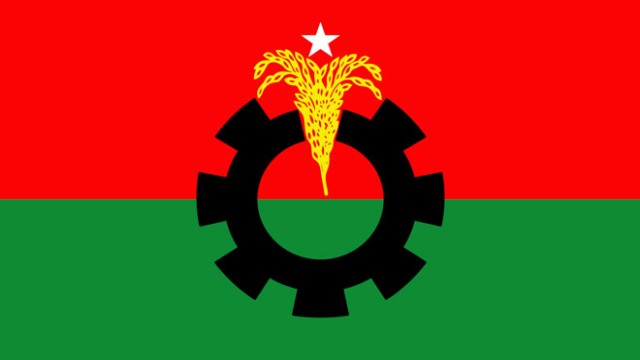Derided as "Club Med" nations during the European debt crisis 15 years ago, Spain, Greece, and Portugal are now outperforming their northern peers due to a resurgence in tourism.
During the early 2010s, these countries faced harsh austerity measures imposed by their European Union partners, who blamed their economic troubles on fiscal laxity and a lack of competitiveness. However, according to Zsolt Darvas, an economist at the Brussels-based think tank Bruegel, "the situation has changed" since the Covid-19 pandemic ended. These nations are now growing faster than the EU average and are no longer seen as economic outcasts.
Last year, Spain's GDP grew by 2.5%, Portugal's by 2.3%, and Greece's by 2.0%, compared to just 0.4% growth for the entire EU, which was dragged down by Germany's 0.3% contraction, making it the worst-performing major economy in 2023. The International Monetary Fund forecasts continued, albeit more modest, growth for these countries this year: 2.4% for Spain, 1.7% for Portugal, and 2.0% for Greece.
Spanish Prime Minister Pedro Sanchez recently highlighted Spain's rapid economic growth, dubbing it "the locomotive" of job creation in the EU. This turnaround is largely credited to a strong rebound in tourism, which hit record levels last year post-pandemic. Tourism is crucial for these nations, comprising nearly 25% of Greece's economy and 12% in both Portugal and Spain.
Additionally, the EU's pandemic recovery fund has significantly benefited these countries, providing a mix of grants and loans in exchange for structural reforms. Spain, the largest beneficiary after Italy, has received 38 billion euros, while Greece and Portugal have received 15 billion and eight billion euros, respectively.
These nations have also undertaken structural reforms to boost their competitiveness and improve labor markets, drawing foreign investment particularly in renewable energy and cloud computing. For instance, Amazon's AWS recently announced plans to invest over 15 billion euros in expanding its data centers in Spain, and several automakers have chosen Spain for their new electric vehicle assembly lines.
Despite this growth spurt, which partly reflects a recovery from steep GDP declines during the financial crisis (Greece's GDP dropped by 25%), challenges remain. Unemployment rates in Greece and Spain are still above 11%, compared to the EU average of 5.9%. Although Portugal achieved a budget surplus of 1.2% of GDP last year and Greece reduced its public deficit to 1.6%, deficits and debt levels are still a concern.
Olli Rehn, former European economic and monetary affairs commissioner, noted that while deficits and debt remain high in some cases, divergences between euro area countries have decreased compared to 10 years ago. Darvas expects the economic convergence between southern and northern Europe to continue but at a slower pace, with Spain, Portugal, and Greece still having "work to do."






























Comment: